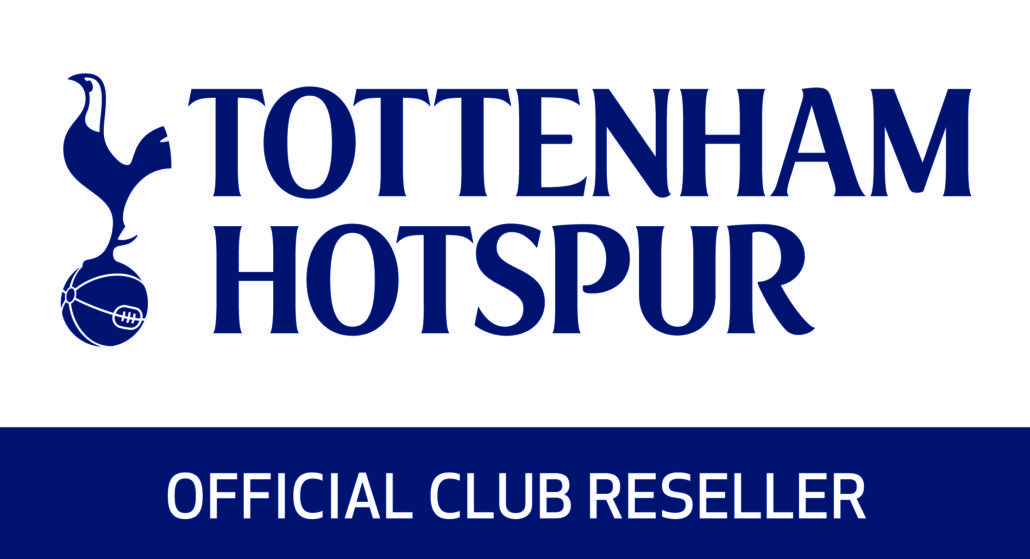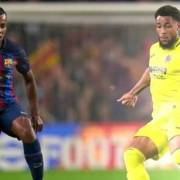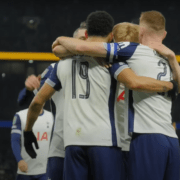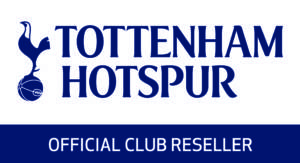The Life and Career of Jimmy Greaves
In honour of our recent prize draw to win a signed piece of Jimmy Greaves memorabilia, find out more about this Spurs icon with our highlight real of his legendary career.
1940
Jimmy Greaves was born in Manor Park, London.
1955
Greaves signed for Chelsea as one of ‘Drakes Ducklings’, a response to Manchester United’s famed ‘Busby Boys’. He made an immediate impression as a player, scoring 51 goals in the 1955/56 season.
1957-1961
By 1957, Greaves had turned professional. In an almost prophetic turn of events, his debut First Division match was against Tottenham Hotspur, where he scored Chelsea’s only goal in a 1-1 draw. He also made his debut for England this year against Peru. He made an immediate impression, playing with determination and control beyond his years, complimenting the highly aggressive attacking style Chelsea was using at the time and becoming one of the clubs highest scorers.
Despite his talent, however, Chelsea remained inconsistent, and by the 1960s Chelsea had exited the FA Cup by a loss against Fourth Division side Crewe Alexandra. With that, Chelsea was in need of money and sold Greaves, then the highest scorer in the division, to AC Milan in June of 1961.
1961
London born and bred, Greaves was unhappy with his move to AC Milan almost immediately and tried, unsuccessfully, to get the move halted. His games at the Italian club were marred by altercations with opposing players and bad blood between him and the dictatorial manager Nereo Rocco, but despite low morale, Greaves still put in an impressive nine goals in fourteen games. Due to his dissatisfaction at the club, he was transfer listed and after competing offers from Manchester United and Tottenham Hotspur and a protracted negotiation process with Spurs manager Bill Nicholson, Jimmy Greaves returned to London to play at White Hart Lane.
Jimmy Greaves at Tottenham Hotspur
1961-1969
Greaves’ move back to London cost the odd price of £99,999, an amount thought to take the pressure off Greaves being the first £100,000 in British football. His Spurs career got off to a flying start, scoring twice in his opening match on the reserve team against Plymouth Argyle, and then a hat-trick on his first-team debut against Blackpool.
These high scoring antics became the trademark of Greaves’ Spurs career, with goals scored in Spurs’ 1962 FA Charity Shield match, as well as a number of hat-tricks and high-scoring games all through the 192-63 campaign.
1964 saw a period of change at White Hart Lane, with manager Bill Nicholson letting notable players like Danny Blanchflower, John White and Dave Mackay go, yet Greaves was kept on due to his consistent ability to score goals. His good form continued even after a three-month bout of illness at the beginning of the 1965-66 season, remaining the club’s top scorer at the end of the campaign.
He also formed a part of the famous 1966 England World Cup Squad, playing in all three group matches before being seriously injured by the studs of French midfielder Joseph Bonnel, requiring stitches. This tragic turn of events meant he missed the final, where his replacement Geoff Hurst scored the winning hat-trick. Although he only played for England three more times after the 1966 World Cup, he sits among the top 5 of English goal scorers, and still holds to this day the highest number of hat-tricks – six in all.
1968-69 saw his sixth and final time as the Premier League’s top scorer
1970 – 1979
Greaves moved to West Ham in 1970 as part of an exchange of Martin Peters to White Hart Lane. Despite clashing with manager Ron Greenwood and a number of health issues, he still managed to score 13 goals in his 40 appearances for West Ham.
After leaving West Ham, Greaves’ focus shifted to dealing with personal issues and other business interests, but he remained dedicated to the game until the end of his career. As he wound down his career at clubs like Brentwood, Chelmsford and Barnet, his reputation as a prodigious goal scorer continued, being named Barnet’s ‘player of the season. Following a few appearances at semi-professional side Woodford Town, he retired from the sport in 1979.















